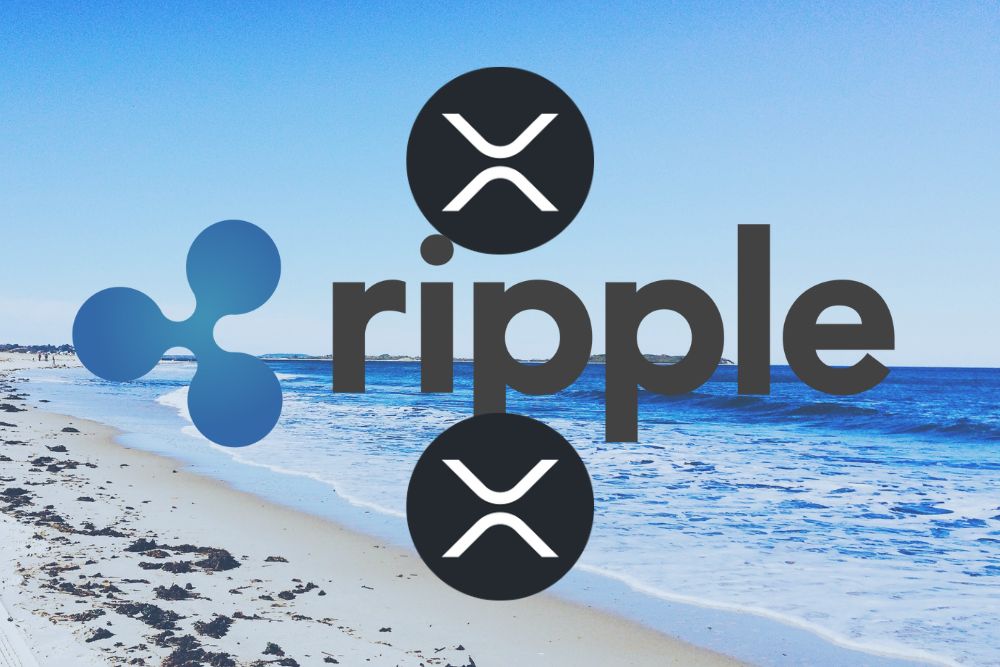

Ripple’s Chief Legal Officer, Stu Alderoty, expresses optimism about the potential return of U.S. banks to utilizing Ripple’s On-Demand Liquidity (ODL) product and XRP for cross-border transactions after the company’s recent legal victory against the Securities and Exchange Commission (SEC).
Amid a mixed ruling in its ongoing legal battle with the SEC, blockchain payments firm Ripple envisions a resurgence in the adoption of its ODL product, which utilizes the XRP token as a bridge between fiat currencies for swift and cost-effective cross-border payments. Ripple plans to initiate discussions with financial firms during the current quarter in a bid to reestablish collaborative partnerships.
Stu Alderoty, Ripple’s Chief Legal Officer, expressed his optimism during an interview with CNBC on Friday, stating, “I think the answer to that is yes,” when asked whether American banks would return to utilizing Ripple’s ODL product following the recent court ruling.
Alderoty further added, “We’re hopeful that this decision would give financial institution customers or potential customers comfort to at least come in and start having the conversation about what problems they are experiencing in their business in terms of moving value across borders without incurring obscene fees.”
Notably, Bank of America had previously conducted a pilot program utilizing Ripple’s technology in 2019. However, they were reportedly awaiting the conclusion of the legal case before proceeding with any further collaboration.
Additionally, American Express and Santander teamed up with Ripple in 2017 for cross-border payment solutions. It is worth noting that the majority of Ripple’s current customer base is located outside of the United States.
In a recent development, Judge Analisa Torres of the Southern District Court of New York declined to issue a summary judgment requested by both the SEC and Ripple regarding the classification of XRP as an unregistered security. As a result, a trial is now a possibility, marking a partial victory for Ripple.
The SEC had accused Ripple of illegally raising $1.3 billion in 2020 through the sale of XRP. The regulatory agency also filed lawsuits against Ripple’s CEO, Brad Garlinghouse, and co-founder, Chris Larsen. The core of the dispute revolves around whether the XRP token should be considered an unregistered security and if its sale violated securities laws.
Read Also: Ripple CEO Points at Trustworthy Recap to Clear Confusion on What the Court’s Decision Means
Judge Torres supported the SEC’s contention that direct institutional investment contracts involving XRP constituted unlawful sales of securities. However, she sided with Ripple on the issue of “blind bid” programmatic sales, where Ripple did not possess knowledge of the buyer’s identity, ruling that these sales did not violate securities laws. The respective sales generated a total of $728.9 million and $757 million.
Although the recent court ruling is considered a partial victory for Ripple, Chief Legal Officer Stu Alderoty acknowledged that it was not a complete win for the company. While the SEC has the option to appeal the decision, it is labeled as “unlikely” by independent experts, including Katie Haun, a former Department of Justice prosecutor and crypto venture investor.
Follow us on Twitter, Facebook, Telegram, and Google News
JackTheRippler (@RippleXrpie), a prominent crypto influencer on X, drew attention to a recent statement by…
Prominent crypto influencer Brett (@Brett_Crypto_X) recently shared an image revealing the top XRP wallet holders,…
Have you noticed the explosive rise of meme coins in the crypto world? With the…
Brett (@Brett_Crypto_X), a prominent voice in the digital asset space, recently issued a direct message…
Ethereum and XRP, two of the most established names in crypto, are facing pressure as…
Dom (@traderview2), an orderflow, volume, and profile trader, has published a detailed breakdown of abnormal…